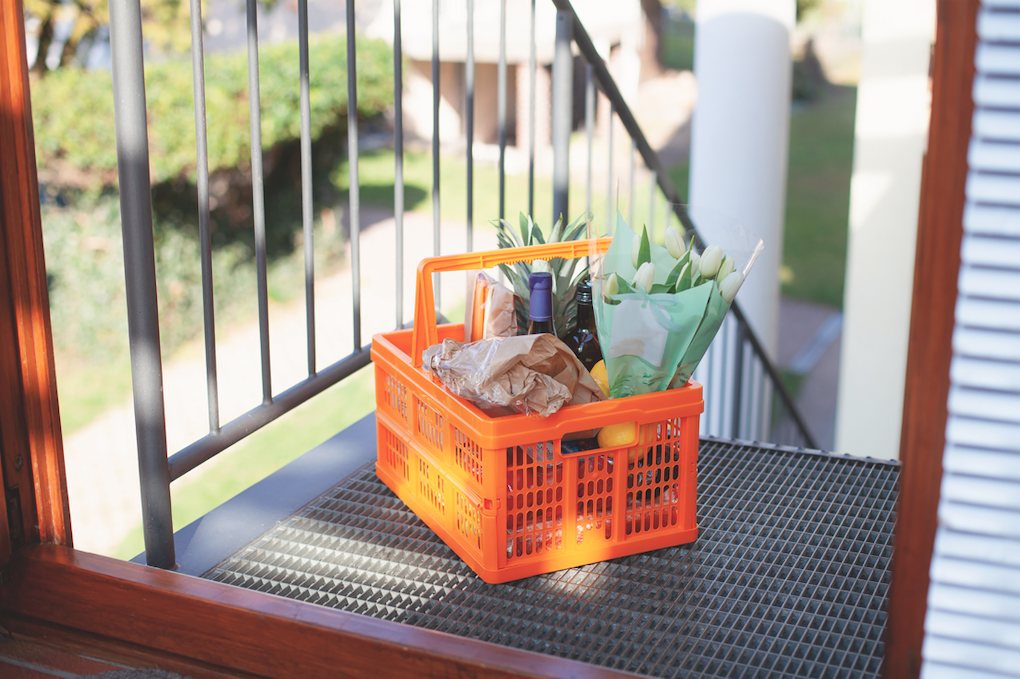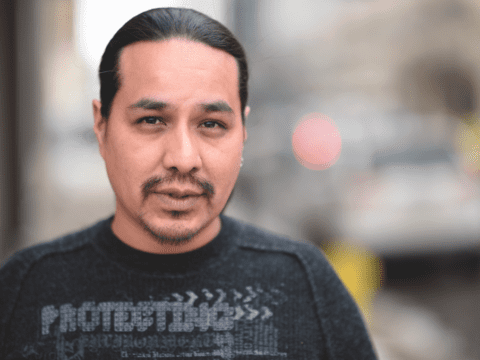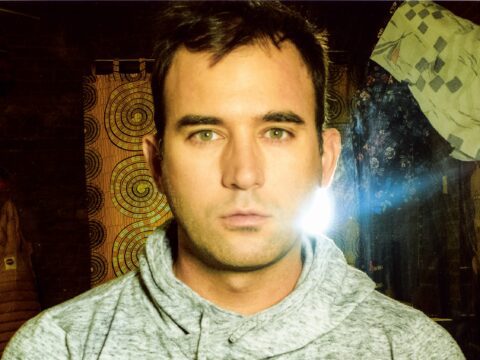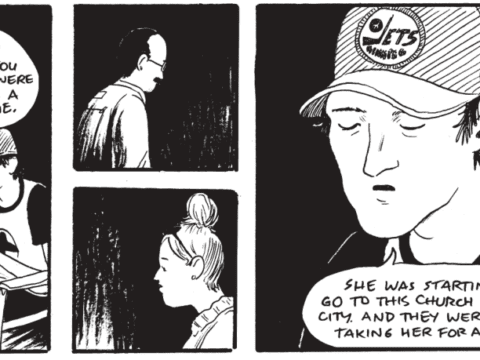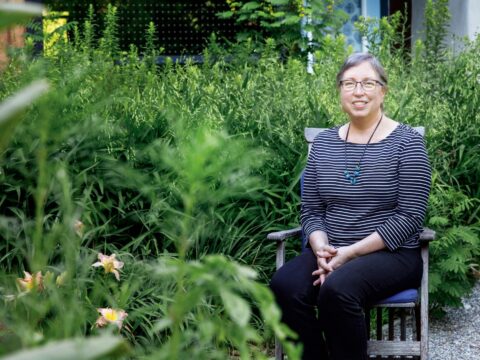A dish of homemade fruit crisp sits on my kitchen counter, and every time I pass by, I eat a spoonful. With every bite, I think of my sister.
In March 2018, one of her daughters died. As the news of eight-year-old Lovie’s death trickled into the world, the first dish of food to arrive at my sister’s house in Atlanta was a blackberry cobbler. Each time my sister walked by the dish sitting on the counter, she took a mouthful.
“That cobbler got me through the first day,” she said later. In the midst of the worst kind of loss, my sister recognized a simple truth: the gift of food is, in fact, love masquerading as fruit crisp, biscuits and egg salad sandwiches.
In summer 2006, my mother had surgery to remove cancerous polyps from her colon and was in hospital over a weekend. On the Sunday, it was my day to read scripture at church. The reading was Mark 5:25-34, the story of the hemorrhaging woman who reached out to touch the hem of Jesus’ robe as he passed by. Immediately, she felt healed. Jesus felt it, too, and demanded to know who had touched him. When the woman finally came forward, he said to her, “Daughter, your faith has healed you. Go in peace and be freed from your suffering.”
As I spoke those words from the pulpit, I burst into tears. Saying the verse out loud tapped into my relief my mother’s cancer could be treated. After the service, my friend Shelagh Straughan declared, “You need tea and strawberry shortcake.”
About three months later, my mother was back in hospital dealing with complications from her chemotherapy and radiation treatments. At the same time, my father lived in a nursing home because of Alzheimer’s disease, so I spent my days running between the two facilities. I stepped inside our house one evening at 6 p.m. and wondered who I could phone and say, “I need a meal right now,” before rushing to the hospital again at 7. Could anyone have accommodated that need?
More on Broadview:
- Why all grocery stores should offer quiet hours
- Tender new memoir explores life as a preacher’s wife
- As schools reopen, our social bubble is breaking down
One evening, Shelagh called me, but I was too exhausted to hold much of a conversation. I must have complained about being sick of eating cold pizza because when I opened the front door the next morning, there was a blue cooler sitting on the doorstep filled with fresh food from the farmers’ market. I’ve never forgotten how that cooler of food made me feel. Shelagh responded to my unspoken cry for help as if I’d reached out and touched her garment. She felt my need, answered it — and healed me.
Food “is one way we, as a community, express the care and compassion of Jesus for each other. It really is pastoral care,” says Rena Hill, one of the co-ordinators of Meals in Crisis, a long-running ministry at Bedford (N.S.) United that provides two or three meals to a household during a time of need.
Hill herself received the care of Meals in Crisis when her husband was in hospital. “You don’t know how much you appreciate it until it happens to you,” she says. Each meal includes a main, side and dessert, and the offering is often simple. “Sometimes it’s just soup,” Hill says. But it’s never just soup. When someone is in crisis, the last thing they can think about is preparing a meal, let alone going to the grocery store. At times like these, soup is a blessing.
In an interview in the March 2020 issue of Broadview, New Testament scholar John Dominic Crossan discusses the healing power of Jesus. “Anthropologists make a distinction between curing and healing,” Crossan says. “What I see Jesus doing when he heals people is bringing them into a new community. He takes in people who may see themselves as a burden or an embarrassment.”
“Sometimes it’s just soup. But it’s never just soup.”
Caregivers may be reluctant to call upon friends for help because they don’t want to be a bother. Yet it is that community of helpers that heals us: we feel supported and nurtured by love, which often comes in the form of food. It brings to mind Luke 6:21: “Blessed are you who are hungry now for you will be satisfied.”
In his 2016 book, Conversations on Dying: A Palliative-Care Pioneer Faces His Own Death, Phil Dwyer writes, “We may not realize it, but food (the preparation of it, the consumption of it, the enjoyment of it) is probably the last true sacrament left to us in our secular world.”
A sacrament is a ritual in the Christian church that infers a blessing or grace on those who receive it. There is great blessing in finding a cooler full of food sitting on your doorstep. There is grace in providing food to a caregiver, and there is such grace in receiving it. This is the significance of partaking in Communion. The bread and the wine are not literally going to heal us, but in uniting with Jesus (“Do this in remembrance of me”), we can experience the kind of healing that Crossan talked about: the creation of a connection that holds us and sustains us through a crisis.
On the August long weekend in 2018, I sat next to my husband’s hospital bed 12 hours after he’d been admitted to the emergency ward suffering a stroke. My stomach growled, but the hospital’s coffee shop was closed for the holiday Monday, and I didn’t want to leave his bedside, let alone the hospital property, to get something to eat. When I called my friends the Selkirks and said, “I need food,” they arrived at the hospital 90 minutes later with a cooler bag of food and a tumbler of tea. The egg salad in the sandwich was still warm. That food got me through the first day.
“Our habitual response to illness is to feed our sick,” Dwyer writes, “to bolster and strengthen them with their favourite foods.” Our caregivers need food as well, perhaps more than the person who is sick or dying.
All we have is the help we give each other. That’s our purpose. That’s what we need to keep going. It’s what our hearts tell us to do. The food we offer in a time of crisis is our humanity. It is pure love.
By our faith, and by our offering of food, we are healed.
This column first appeared in Broadview’s October 2020 issue with the title “When I was hungry, you fed me.”

